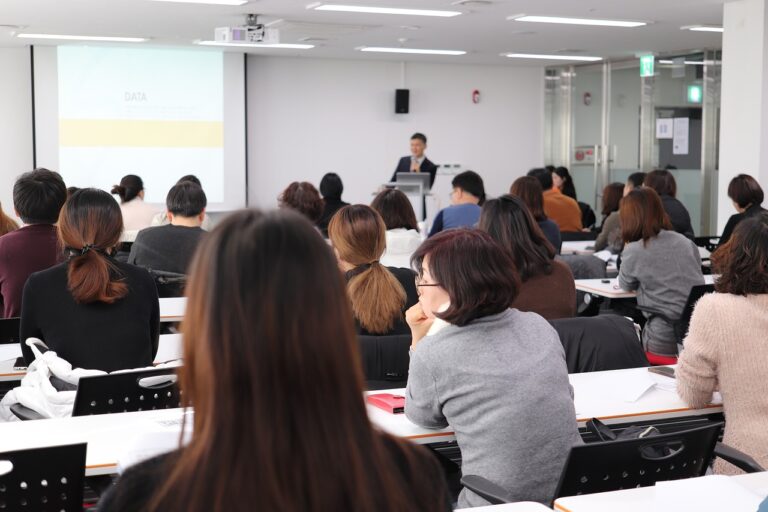The Benefits of Tutoring in Supporting Students with Learning Disabilities
allpannel com, play 99 exch, gold id 365:The Benefits of Tutoring in Supporting Students with Learning Disabilities
As educators, parents, and caregivers, we all want the best for our children. For students with learning disabilities, additional support in the form of tutoring can make a world of difference in their academic success and overall well-being. Here are some of the key benefits of tutoring in supporting students with learning disabilities:
Individualized Attention
One of the most significant advantages of tutoring for students with learning disabilities is the individualized attention they receive. In a classroom setting, teachers often have a limited amount of time to devote to each student, making it challenging to address the specific needs of those with learning disabilities. A tutor, on the other hand, can tailor their lessons to the unique learning styles and strengths of the student, helping them grasp difficult concepts and build confidence.
Improved Academic Performance
With personalized support from a tutor, students with learning disabilities can make significant strides in their academic performance. Tutoring can help fill in the gaps in knowledge and skills, reinforce classroom learning, and provide additional practice and guidance on challenging topics. This extra support can lead to improved grades, increased motivation, and a greater sense of accomplishment for the student.
Enhanced Self-Esteem
Students with learning disabilities often face feelings of frustration, inadequacy, and low self-esteem due to their struggles in school. Tutoring can help boost their confidence by providing a safe and supportive environment where they can work at their own pace, ask questions without fear of judgment, and celebrate their achievements, no matter how small. As students experience success and progress with the help of a tutor, they can begin to see themselves as capable learners with valuable strengths and abilities.
Developing Study Skills
Tutoring also plays a crucial role in helping students with learning disabilities develop essential study skills that are key to academic success. Tutors can teach effective strategies for organization, time management, note-taking, and test preparation, helping students become more independent and efficient learners. By instilling these fundamental skills, tutoring equips students with the tools they need to excel in the classroom and beyond.
Encouraging a Love for Learning
When students with learning disabilities receive the support they need to overcome challenges and achieve their academic goals, they are more likely to develop a love for learning. Tutoring can ignite a passion for education by making learning enjoyable, engaging, and accessible to students with diverse learning needs. By fostering a positive attitude towards learning, tutors can help students build a strong foundation for lifelong learning and personal growth.
FAQs
1. How do I find a tutor for my child with a learning disability?
To find a tutor for your child with a learning disability, you can start by asking their school for recommendations, reaching out to local tutoring centers, or searching online for tutors who specialize in working with students with learning disabilities. It’s essential to look for a tutor who has experience, expertise, and a positive attitude towards supporting students with diverse learning needs.
2. How often should my child with a learning disability receive tutoring?
The frequency of tutoring sessions for a child with a learning disability will depend on their individual needs, schedule, and goals. Some students may benefit from weekly sessions, while others may require more intensive support with multiple sessions per week. It’s essential to work with your child, their tutor, and any other professionals involved in their education to create a customized tutoring plan that meets their specific needs and promotes their academic success.
3. How can I support my child with a learning disability outside of tutoring sessions?
In addition to tutoring, there are several ways you can support your child with a learning disability outside of sessions. You can create a quiet and organized study space at home, establish a routine for homework and study time, communicate regularly with your child’s tutor and teachers, and provide encouragement, praise, and positive reinforcement for their efforts and achievements. By working together as a team, you can help your child thrive academically and emotionally.
In conclusion, tutoring can be a valuable resource for students with learning disabilities, offering individualized attention, improved academic performance, enhanced self-esteem, study skill development, and a love for learning. By providing the support and guidance they need to succeed, tutors can help students with learning disabilities reach their full potential and thrive in school and beyond.







